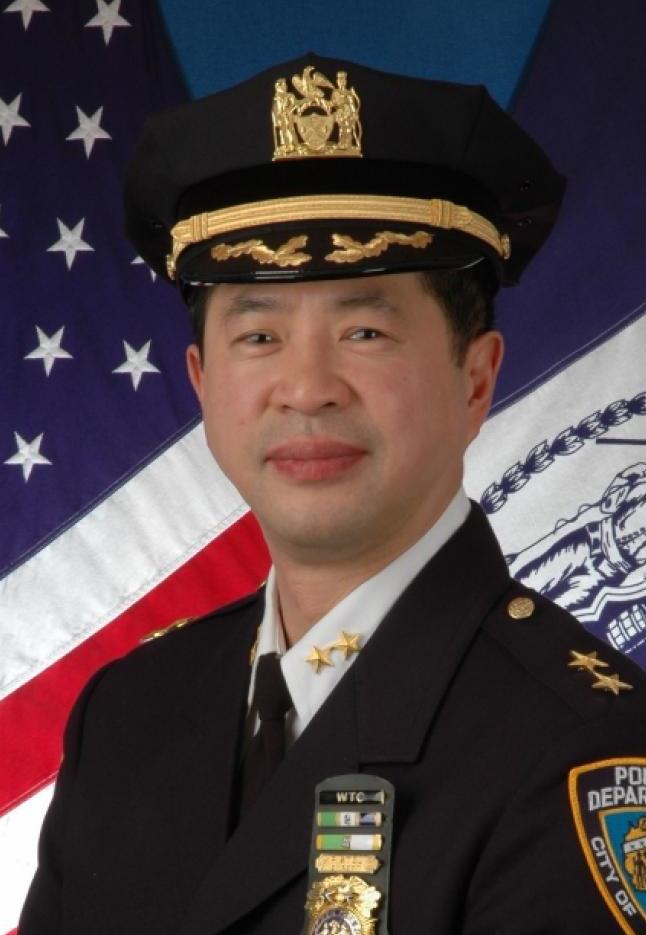All 35,000 of New York City's uniformed police officers will be trained to file charges against drivers who violate the new Right of Way Law, according to NYPD Chief of Transportation Thomas Chan.

The law, also known as Section 19-190, established misdemeanor penalties for drivers who strike and injure pedestrians or cyclists with the right of way, part of a Vision Zero legislative package Mayor de Blasio signed earlier this year. Now, a reckless driver who harms someone else could end up with a permanent criminal record instead of facing no meaningful consequences, which has typically been the case even when a motorist inflicts grievous injury or death.
Since the law went into effect in August, however, charges have remained scarce. Most citations for violating the Right of Way Law have been filed by the Collision Investigation Squad, which is staffed by fewer than 30 officers and can handle only a small fraction of crashes that result in serious injury. To date, only one reported Right of Way violation has been issued by a precinct officer. Since precinct officers are far more numerous than CIS investigators and are usually the first to arrive at a crash scene, the success of the Right of Way Law hinges on equipping them to enforce it.
I asked Chan about how the department enforces the Right of Way Law after the mayor's press conference yesterday on the city's new 25 mph speed limit. Here is his response, in full:
We're in the process. We're working with our police academy, and we're taking a look. Because we have a large [department] -- 35,000 officers are going to be doing the enforcement on that area -- it's not only on the level of CIS. We want to make sure that they have the proper guidance and the proper protocol for that.
Right now, it's running through the course of channels, the legal bureau within the police department. And then ultimately, we will touch base also with the DA's offices, because again, we want to make sure that we get it out there, and we get it out there correctly, because it's a very important law that will make an impact out there. Again, with 35,000 people, we don't want to get variations, different interpretations, and that's part of why it's important for us to make sure we get our people on board and get it done correctly.
I asked to confirm that precinct-level officers will be enforcing the 19-190 law. "Yes. Yes. Yes. Absolutely," Chan said. Streetsblog has filed a freedom of information request for more information on how the department is training officers to enforce Section 19-190.





